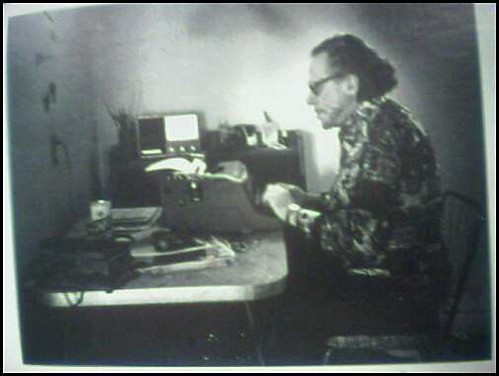 The Second Treatise of Government/A Letter Concerning Toleration by John Locke
The Second Treatise of Government/A Letter Concerning Toleration by John LockeMy rating: 5 of 5 stars
Locke is one of the many philosophers I am familiar with through secondary sources. but this was my first reading of his work. In the Second Treatise of Government, Locke painstakingly covers power in the parental, political, commonwealth, legislative, and tyrannical modes, leading to a conclusion that is equally applicable to social contract theory (explicitly put by Jean-Jacques Rousseau) and the doctrine of the separation of powers. What is taken for granted in liberal democracies today has a clear lineage to Locke. This book also contains Locke's Letter Concerning Toleration, focusing on freedom of the practice of religion. Freedom of speech and religion are major themes in the letter, with Locke reinforcing what many still regard as proper democratic practice: punish those who break the law, rather than discriminate against individuals with religious characteristics that may, because of unfamiliar or incomprehensible (to conservatives, at least) differences that the dominant group may find confronting. I held the view while reading the Treatise that this might only apply to Christians, but the Letter makes it clear that while "Mahometans" might be "rightly considered" infidels (by Christians), they (and anyone of any religion, even atheists) still had the right to live, work, prosper, and worship as they saw fit so long as they did so with respect for the rule of law. It is interesting that the concepts of liberalism, the social contract, the doctrine of the separation of powers, and the "rule of law" all make an appearance in these works, these are not explicitly mentioned or defined. Yet the definitions and justifications of these concepts used in the present reflect precisely Locke's ideas. That he is known as the "father of liberalism" makes a good deal of sense. Reading Hobbes will be an important endeavour, but so too is the understanding of history, especially of the "Glorious Revolution of 1688", in understanding Locke's work. I also need to read Burke and Kant. While it would probably be smarter to begin at the beginning and work my way through in some sort of chronological order in reading some of the greatest thinkers in political theory, but at the same time, I enjoy the haphazard manner in the same way that one can enjoy a jigsaw puzzle. Not that I pretend that I can ever complete this endeavour, but each completed reading adds a sense of understanding that would otherwise never be gained. Finally, Locke was surprisingly easy to read. Hobbes will be much harder, but there is something about the Enlightenment that changed the nature of written English. Laurence Sterne, too, has a modern form yet it is of the eighteenth century, but Locke's style is not too far removed. I had never considered before how written English may have changed to attract a larger audience. I have been grappling with whether to drop the essay as a form of assessment for undergraduate students (where possible), but also felt like I may be selling out. But an important lesson from history is that it has happened before, and it will happen again; the world never did fall apart. And so we may well be in that space once more. Not because of Facebook, or short attention spans, but because of an undoing of the intellectual elite. Just a thought.
View all my reviews
 Donate
Donate








